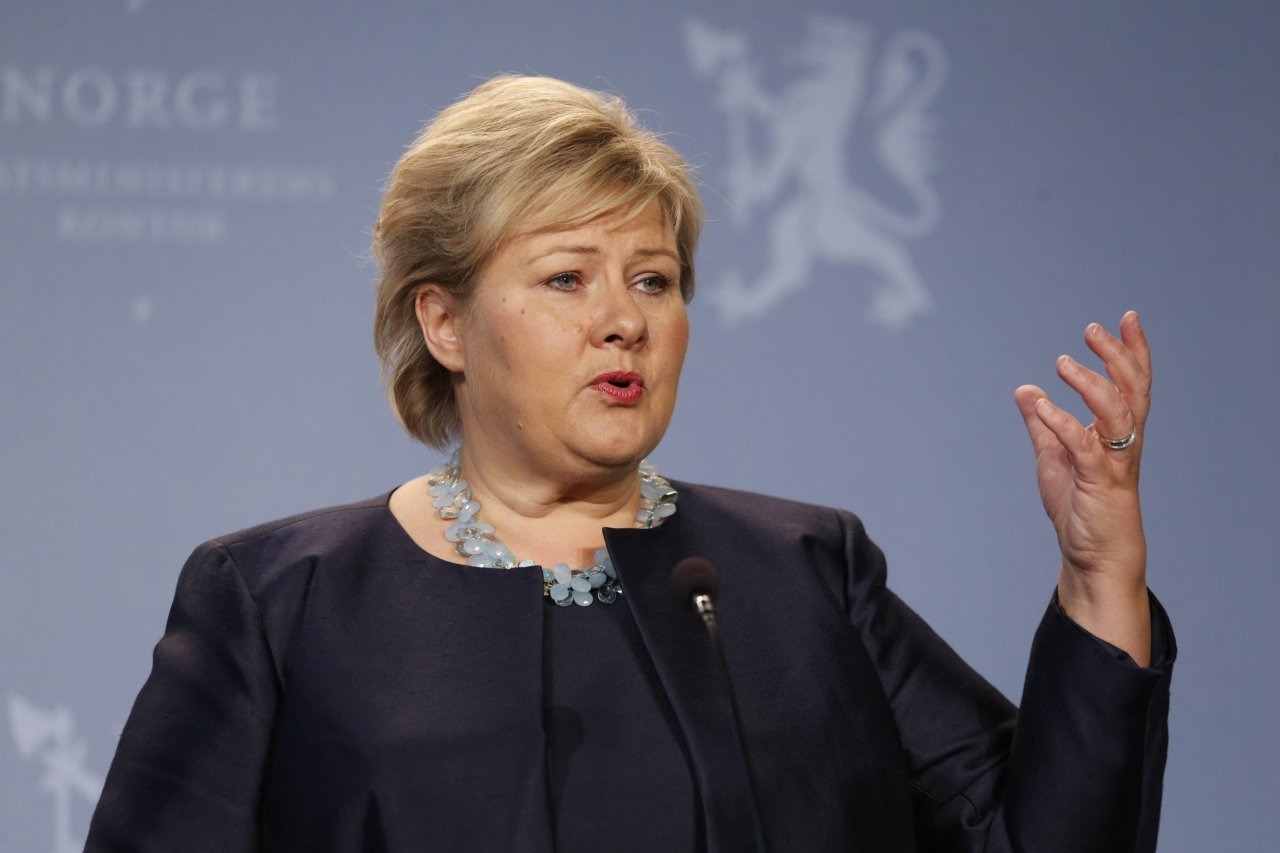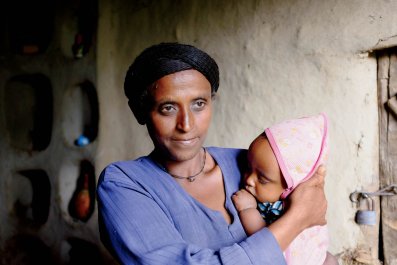"A woman's place is in the house. . . and the senate," declares a popular American bumper sticker. Eleven years ago, Norway decided that a woman's place was on the boards of publicly traded companies, passing a pioneering 40% female quota law. But new research shows that the quota has failed to do much for Norwegian women.
Though the 40% goal has been met, "thinking that you'll immediately fix female representation in the corporate sector is a dream," says Marianne Bertrand, a professor of economics at the University of Chicago and co-author of a new study on Norway's quotas.
In the report, published in June by the National Bureau of Economic Research, Bertrand and her co-authors find that the quota has reduced the gap between male and female board members' pay. More crucially, however, they document that the quotas have failed to benefit any women apart from those selected for boards. Equally qualified women have not seen their situation improve, and neither have women further down the ranks.
"Today 40% of public company board members are women, as the law requires, but top management is still dominated by men," notes Mathilde Fasting, an economist at the Oslo-based think tank Civita. "The spillover effect hasn't taken place. Passing a quota law is a strong political measure, and the results should have been stronger."
The quota should at least have spawned a few female CEOs, but according to the Center for Corporate Diversity, only two of Norway's 50 largest companies are led by women. PricewaterhouseCoopers, the global consulting firm, reports that the number of female managers in large companies has only risen by 2% since the quota law was passed. In a recent study, Fasting points to another counterintuitive result of the law: the number of publicly listed companies has decreased. Some companies have, in other words, changed their registration form in order to bypass the quota.
Still, Norwegian women have relatively little to complain about. The prime minister is a woman, as is the deputy prime minister and leader of the largest opposition party, the defence minister and the heads of the massive LO trade union and the employers' association. Women lead universities, hospitals, government agencies, think tanks and NGOs and 77% of women participate in the labour force, compared to 71% in Germany and 68% in the UK. Norway has topped the OECD's gender equality rankings for the past three years. Bertrand's study – conducted with fellow academics in the United States and Norway – covers only a decade and a relatively small country. And it does contain a positive finding, she points out: "There are enough qualified women to fill the board seats, contrary to what some people predicted."
The lesson learned in Norway, then, is that quotas benefit women appointed to quota seats but almost nobody else. "I'm very concerned about women's role in society, but quotas are not the way to go," says NHO director-general Kristin Skogen Lund. "The quota has worked quite well, in that there has been no problem finding qualified women, but we can't solve gender equality top-down. Kindergarten spaces and parental leave are much more important than female board quotas."
The primacy of kindergarten spaces over female board quotas is something Norwegian labour and business leaders agree on. LO leader and former nurse Gerd Kristiansen represents the vast majority of rank-and-file female workers, and as far as she's concerned, the quota is hardly decisive.
"The findings in the [Bertrand] report worry me," she admits, "but now we do have 40% female board representation. I'm more concerned about some of the things that the current government is doing, for example reducing parental leave. And we have too much part-time work for women. If you don't have a job that allows you to be independent, you'll never be equal to men." Gender equality minister Solveig Horne could not be reached for comment.
Other countries have enthusiastically followed Norway's quota example, with Italy, Belgium, the Netherlands, Iceland and Spain introducing quotas. A French quota law comes into effect in 2017, and additional EU countries have quotas for state-owned companies. Among EU countries, women make up an average 18% of boards. The European Commission, for its part, has introduced a 30% EU-wide quota, and EU sources say that incoming President Jean-Claude Juncker intends to improve the Commission's own gender balance.
"He believes that a Commission with too few women is neither credible nor legitimate," explains one source. But, with member states having proposed only around eight female candidates so far, the European Parliament may push for them to be given heavier portfolios, adds the source.
Yet Norway's limited success causes countries to reconsider their gender equality measures. "Yes, our findings are a warning signal," says Bertrand. Another problem with board quotas is that they tend to channel capable women into non-executive board positions, away from chief executive jobs. Viviane Reding, the departing European Commissioner for Justice who initiated the EU quota, is now an MEP and too busy for an interview, according to her assistant.
"Some people question how much boards really matter, which is a very reasonable question," says Bertrand. "But board quotas might have been the only politically doable option."
A much better option, argue female business leaders, such as the members of Britain's 30% Club, is convincing corporations that female board participation makes business sense. Since the club's launch four years ago, female participation on FTSE-100 boards has risen from 12.5% to 22.2%. Helena Morrissey, the Club's founder, says it begins with girls.
"We need companies with a more diverse management, and that's a process that starts at the school level. When women are in the middle of their careers it's too late to begin," she says. Morrissey, a mother of nine, is CEO of global equity firm Newton Investment Management and Chair of Britain's Investment Management Association.
That route includes teaching girls to aspire to CEO posts, not just prime ministership. "Being a CEO is not harder than being a government minister," reflects Skogen Lund, an ex-Coca-Cola boss. "And you have the freedom to shape your work."
"My biggest concern is how companies support women on their way to the top," says Fasting. "Companies that are willing to support women through their parental period in life will see that those women will eventually be more willing to take on responsibilities." In short, support a mother, get a superb CEO. The financial crisis may have aided female executives' cause by showing in no uncertain terms that corporate leadership needs to change. That change can bring sometimes amusing consequences.
Morrissey recently asked one of her younger sons what he might like to do when he grows up. "I want to stay home like Dad," he replied.































